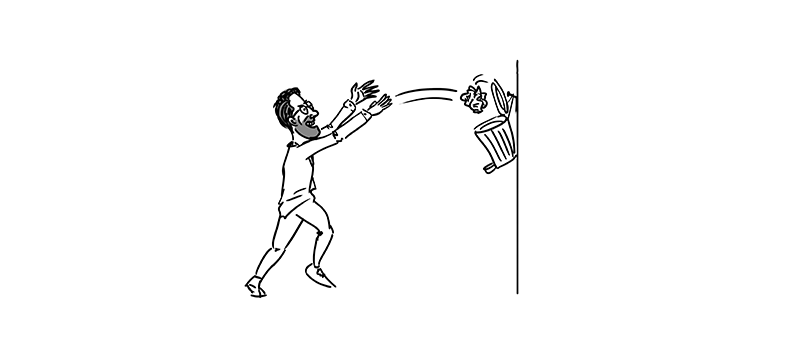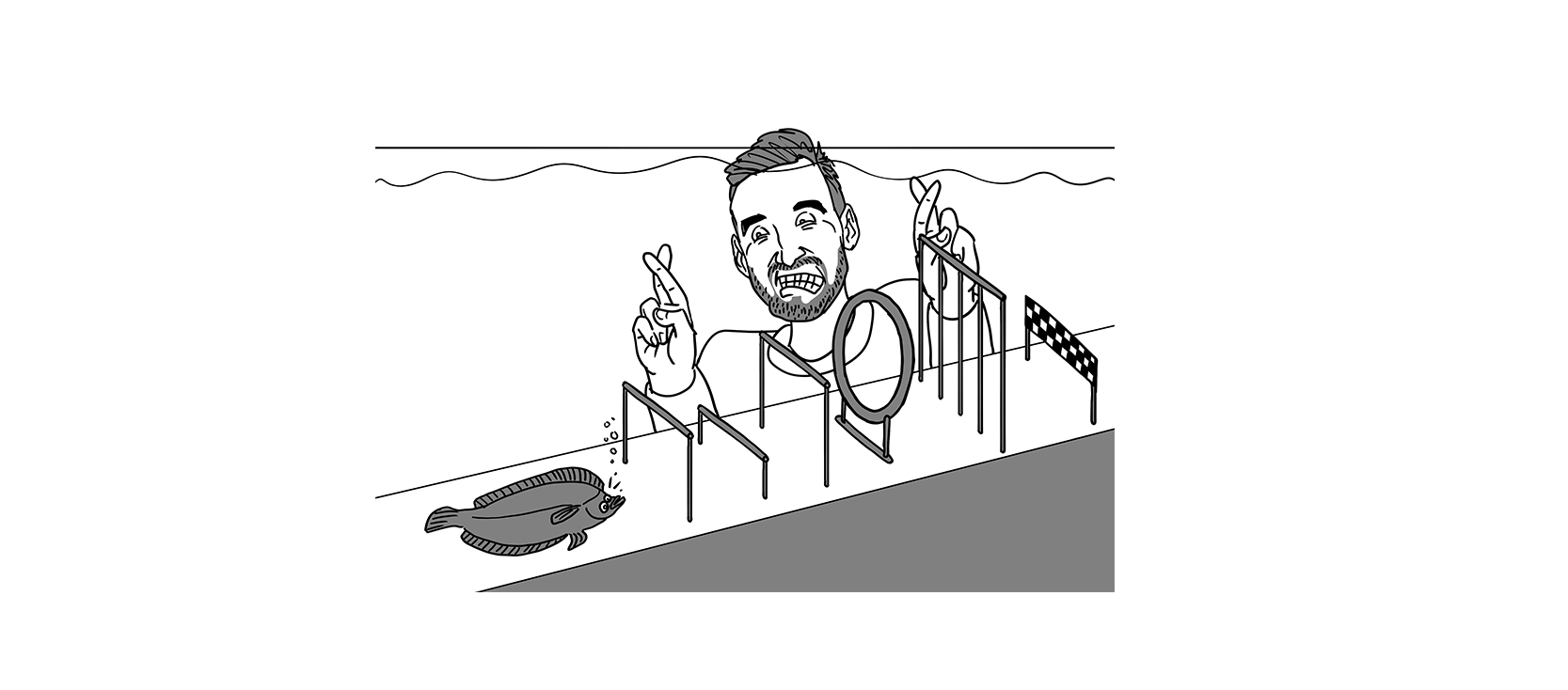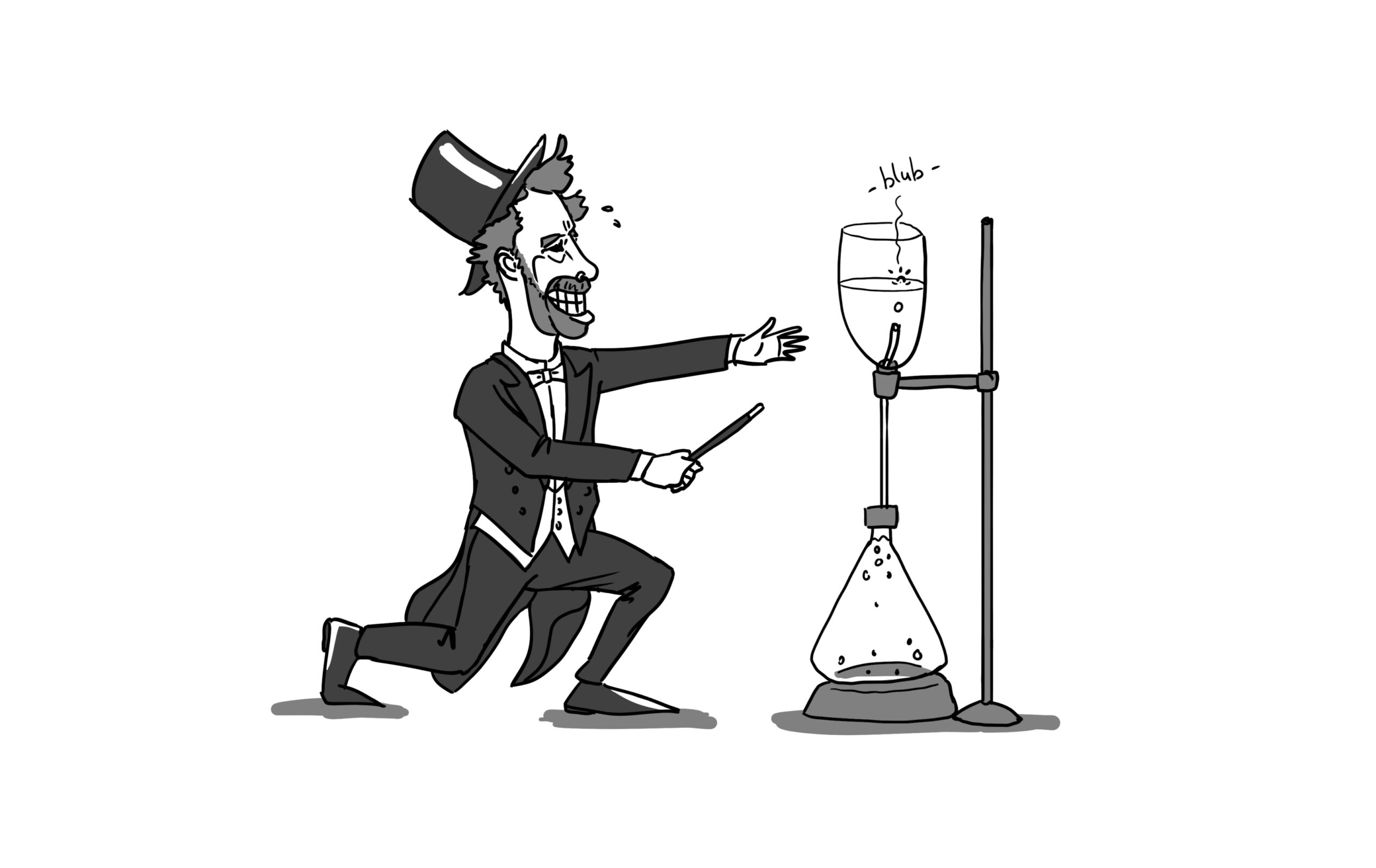A botched experiment, a rejected paper: such things are soon labelled as failures in the academic world. As for talking about them – not the done thing! But that’s just what WUR scientists do in this column. Because failure has its uses. This time, we hear from Eric Schranz, professor of Biosystematics.
‘When I became a full professor, I was 38, which is quite young to be running a chair group. I felt very lucky to be given the opportunity, but it was very demanding as well. I compare it with juggling: as a scientist you keep three balls up in the air, and as a manager suddenly there are 10. Then you’re bound to drop a few. After my Vidi grant, I was rejected for a big grant three times in the space of two years: first the ERC Consolidator grant, then the Dutch Research Council’s Vici grant twice.
I was surprised at how painful that was. Not so much the rejection as the consequences. The university trains you to shine as a specialist, like some kind of superstar. I had to let go of that ambition. Soon after the rejection I was told I needn’t take part in a consortium as one of the partners didn’t consider me a big name in my field. Suddenly, a door had closed for me.
Veni-Vidi-Vici creates the impression that there is a single route to the top, but that’s not the case. In search of alternative routes, I asked my boss Ernst van den Ende (then the director of Plant Sciences) for advice.
According to a partner I wasn’t a big name in my field. Suddenly, a door had closed
You don’t have to be a superstar, he said, we need community builders in the sciences as well. Not everyone can be a star player like Messi or LeBron James. It’s really all about collaboration.
The setback helped me to embrace my strengths, the version of myself that I had always been: a real team player. I love connecting people. Training PhD students and watching assistant professors grow gives me just as much pleasure as publishing an article in a top journal. I hadn’t realized that beforehand. Success is broader and it’s about meaningful work, being of value in your job and for the people around you.’

 Illustration Stijn Schreven
Illustration Stijn Schreven 

